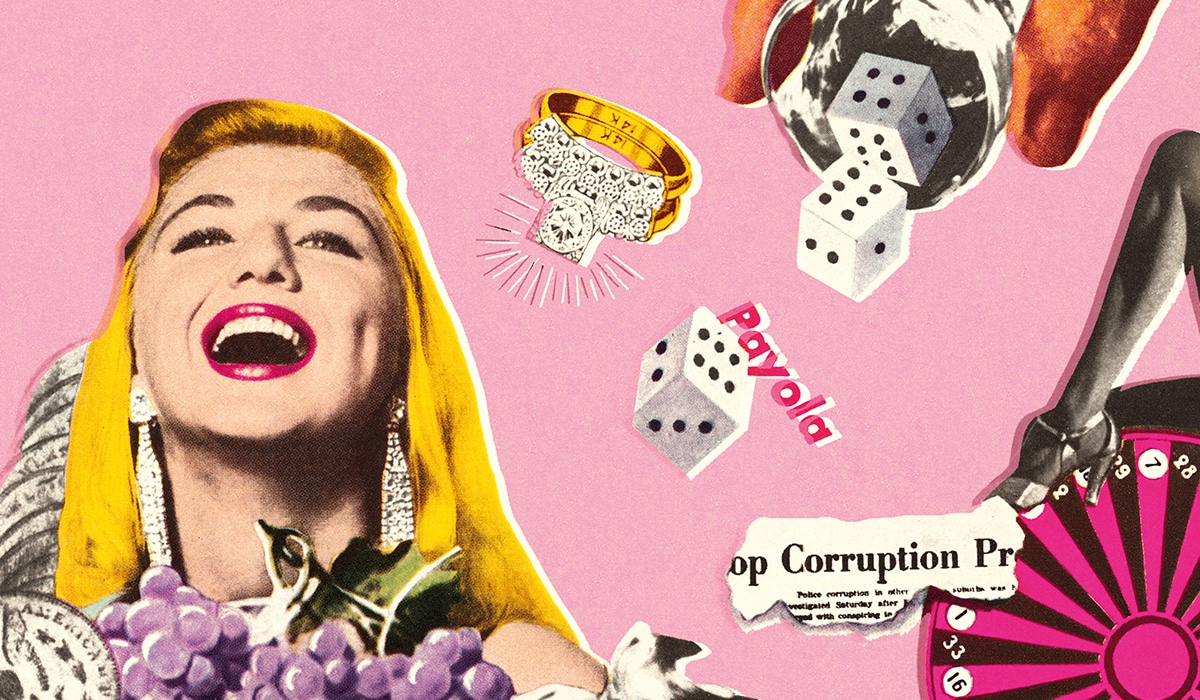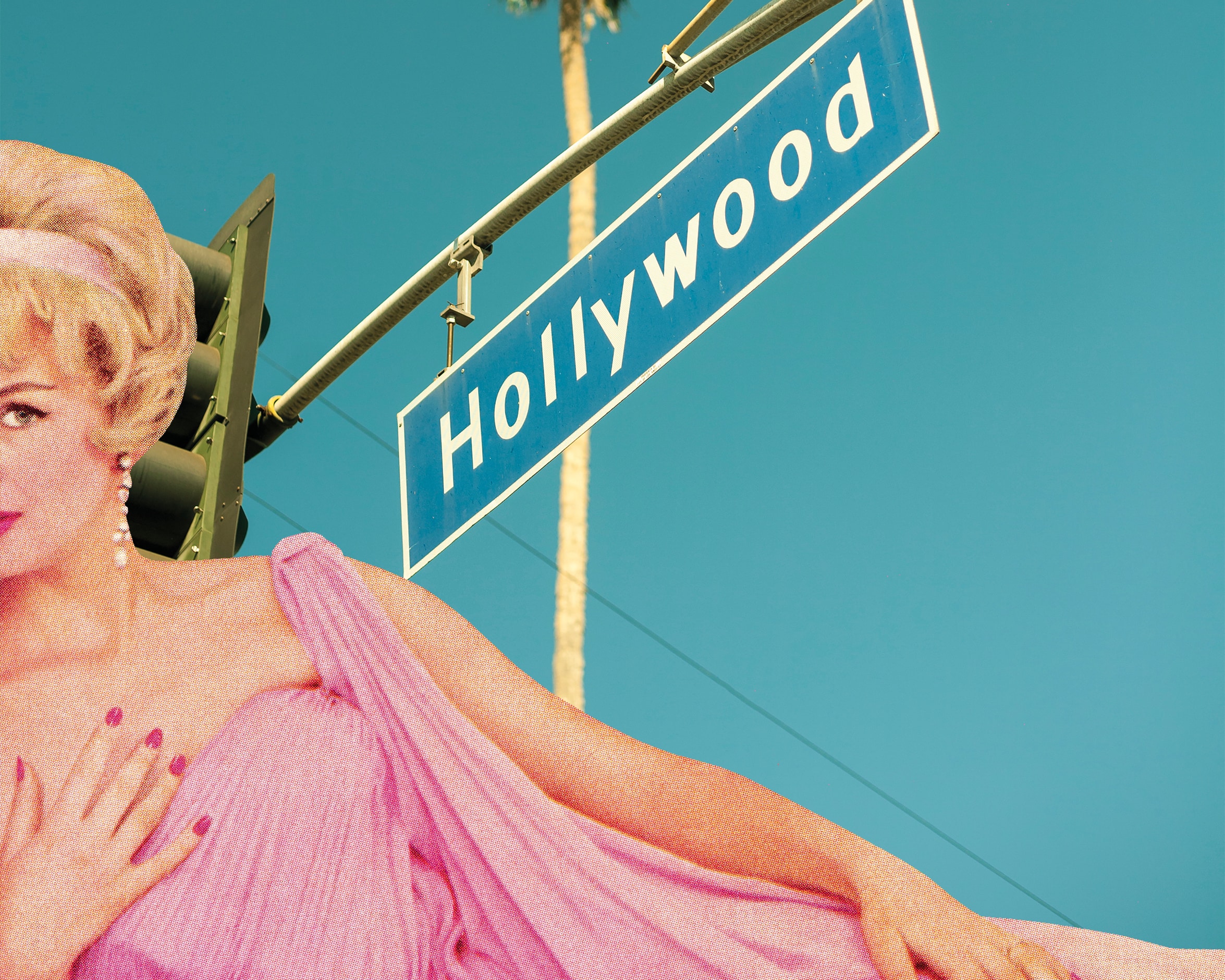It’s not all fame, fun and glory, as some would have you believe…
For many generations, Hollywood has been seen as the ultimate symbol of glamour and success in the entertainment industry. Whether you act, sing, dance or write, it is portrayed as a place where all creatives can rise to stardom and gain global recognition.
Not all that glitters is gold, though; this is evident from the numerous stars who have revealed Hollywood’s darker side through written accounts and media interviews. Drugs, sex and greed appear to be the norm in the seedy underbelly of Tinseltown, where people will go to any lengths to succeed.
Fame at any cost
Sunset Boulevard is a 1950 film portraying the classic Hollywood lifestyle and headspace (giving us the classic line: “I’m ready for my close-up.”) In it, the Norma Desmond character, a former silent-film actress, thinks she is superior to everyone, declaring, “Without me, there wouldn’t be any Paramount Studio.”
Her delusions of grandeur mean she will go to any lengths to remain relevant and hang on to her fame, including exploiting aspiring younger performers and committing crimes.
Getting lost in Hollywood
The film may be fiction but it’s not too far from fact. Given Hollywood’s competitive nature (it’s said that only two percent of aspiring stars ‘make it’), it’s easy for celebrities to get caught up in this fantasy world, to the point where they lose sight of what was once important to them.
The 1998 documentary The Dark Side of Hollywood tracked how Sylvester Stallone’s rise to stardom resulted in several failed relationships. As the actor scored one blockbuster hit after the other, he became addicted to the highs of fame, stating, “The way to be successful in Hollywood is to be as obnoxious as the next guy.”
Stallone has been married three times and engaged five times (so far), but his statistics are by no means the worst; in fact, you could say they’re the average for Hollywood.

Sex, drugs & alcohol
Hollywood has masked the harsh realities of addiction by romanticising drug use as a fun pastime and a way to cope on set. In a 2011 interview with the Hollywood Reporter, actor Dennis Quaid revealed that cocaine was listed in movie budgets as ‘petty cash’ to keep drug-fuelled sets hidden. He also claimed that drugs were freely distributed on film sets because “it was normal and everyone did it”.
Rough ride to stardom
Show business is a notoriously difficult industry to break into, and talent alone is often not enough; you also need connections. Powerful agents are typically your ticket to open the doors of opportunity, but they can also easily close them as well.
In 2018, Medium confirmed that Hollywood ‘gatekeepers’ are a real thing. This society of agencies and elite stars determines who succeeds in Hollywood and at what cost.
There is also the notorious ‘casting couch’, a euphemism for sleeping your way to the top. One shady revelation (among so many) that came out of the recent #MeToo movement was how often actresses were required to meet with producers/directors/agents etc in hotel rooms.
Actor Rose McGowan, who was at the forefront of that battle against sexism in Hollywood, shared her experiences in her 2018 memoir, Brave. “I was literally told I had to have long hair; otherwise the men doing the hiring in Hollywood wouldn’t want to f_ _ me, and if they didn’t want to f_ _ me, they wouldn’t hire me,” she wrote.
Behind the scenes
The fantastical images on screen are a far cry from the reality on set: an alpha-male-dominated work environment plagued by sexism and racism, unequal pay and unequal recognition for work produced.
In an October 2019 interview with Elle magazine, Mindy Kaling spoke of her experience working on the hit sitcom The Office.
“They made me – not any of the other producers – fill out a whole form and write an essay about all my contributions as a writer and a producer. I had to get letters from all the other male, white producers saying that I had contributed, when my actual record stood for itself.”
Harsh realities
Many celebrities suffer from mental illness. An article by United We Care, citing Hollywood as part of the problem in mental-health issues, gives some of the reasons why many stars are losing the mental battle.
They face intense public scrutiny and criticism, as well as “the pressure to maintain a certain image to please everyone”. This type of pressure can cause stress, depression and social anxiety, and trigger bipolar disorder and emotional breakdowns.
Many, including the iconic Marilyn Monroe, have committed suicide or died as a result of a drug overdose. According to the article, actors take drugs in order to fit in and to avoid rejection for future opportunities.
It’s clear that real-life struggles and rejections come with the cut- throat business of peddling stories and fantasies. The glittering road to Hollywood is littered with those who have been exploited, with child stars turned into adult wrecks, with one-hit wonders sunken into obscurity… Even for those who do make it, it was rarely overnight success. Which begs the question: why are we still so enthralled by it?
Have a read
- Hollywood by Charles Bukowski (1989)
- We’re Going to Need More Wine: Stories That Are Funny, Complicated, and True by Gabrielle Union (2017)
- Black Is the New White by Paul Mooney (2019)
- Hollywood Ending: Harvey Weinstein and the Culture of Complicity by Ken Auletta (2022)
- The Woman in Me by Britney Spears (2023)
Words by: Gezzy S. Sibisi
Illustrations: Gallo/Getty Images







